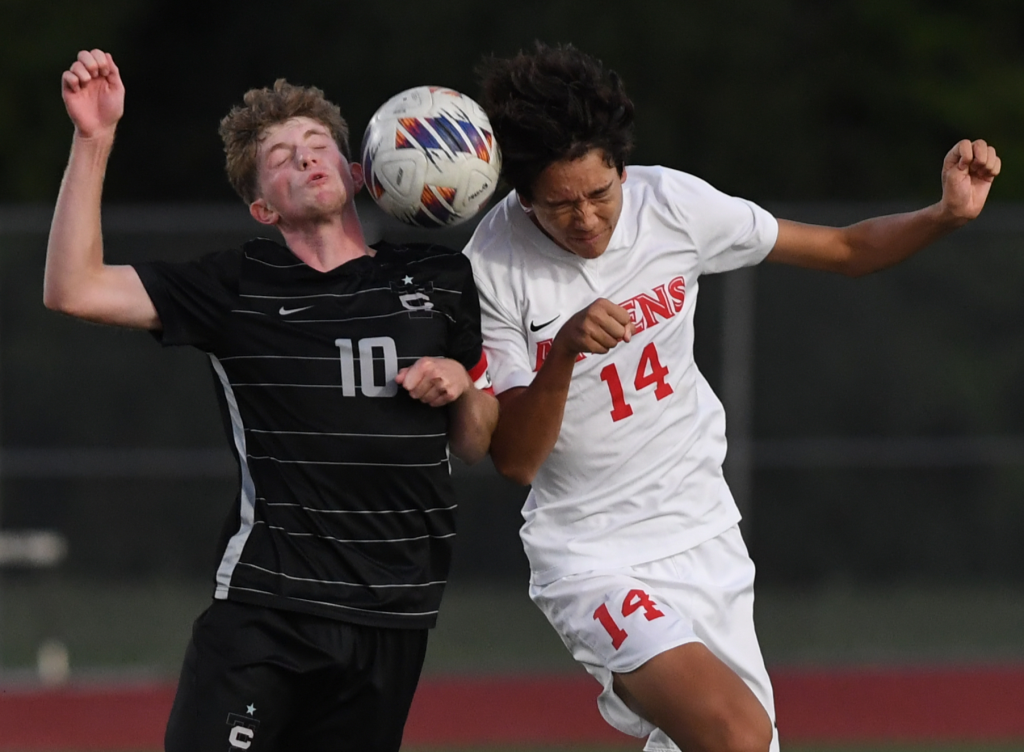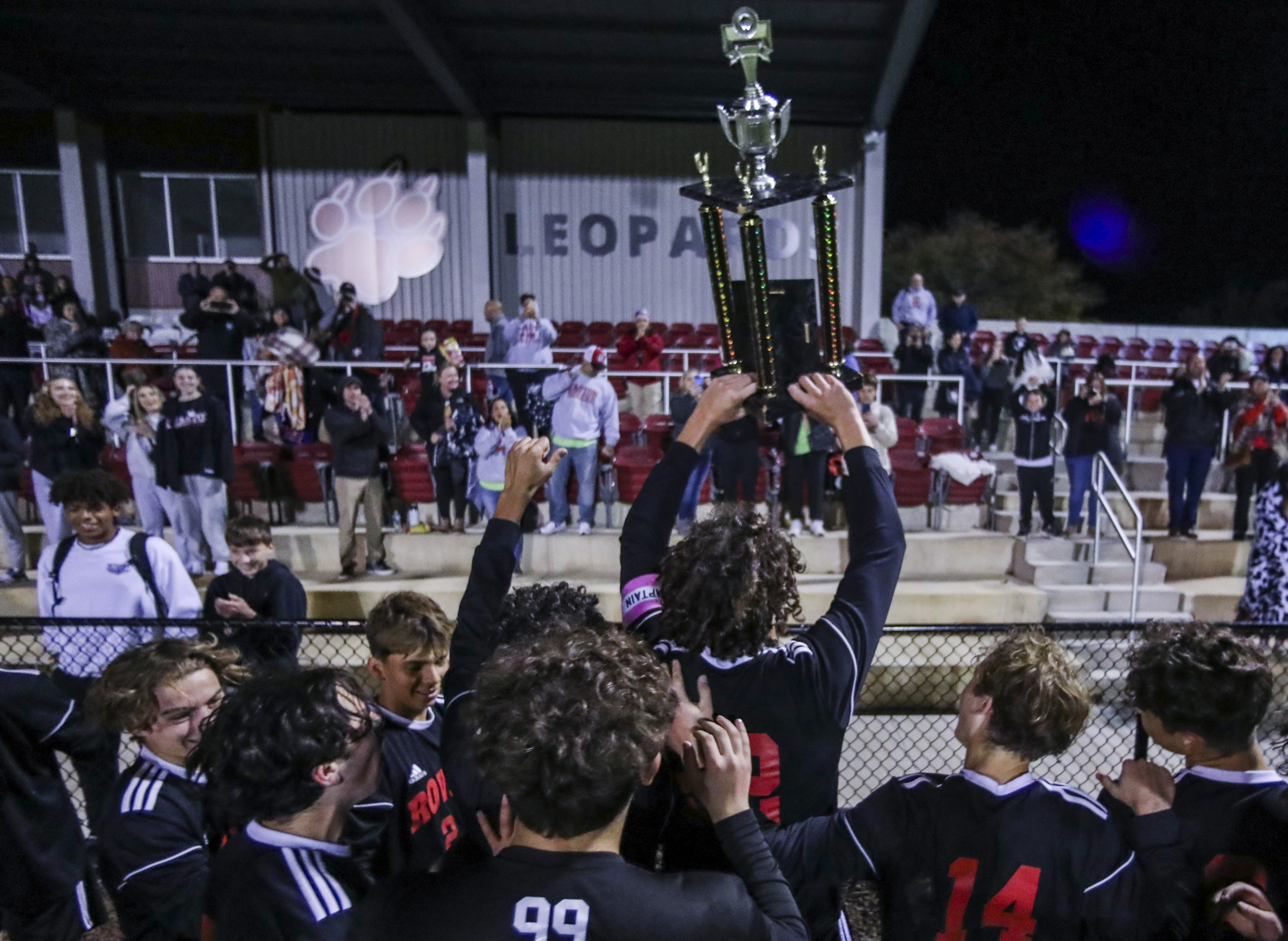Summer ID camps are some of the most important — yet misunderstood — tools for getting recruited to play college soccer in the United States. Most players attend them, but very few use them strategically. If you’re a high school or club player looking to play at the next level, how you approach your summer ID camp season can make or break your recruiting journey.
In this blog, we’ll break down how to use summer ID camps as a smart, intentional step in your pathway to college soccer — including how to choose the right camps, how to prepare to impress coaches, and how to follow up the right way to stay on a coach’s radar.
Why Summer ID Camps Matter in the College Soccer Recruiting Process
Summer is peak recruiting season for many college soccer programs. With coaches freed from spring seasons and academic schedules, they use summer ID camps to:
- Evaluate future players in person
- Get a feel for your work rate, attitude, and coachability
- Fill gaps in their upcoming classes
- Build interest in younger players they want to track
If you're aiming to get recruited, ID camps allow you to compete directly in front of coaches and build relationships with the programs you’re targeting.
But not all ID camps are created equal, and attending without a strategy can be a waste of time and money.
For a deeper breakdown, check out How College Soccer Camps Can Boost Your Recruiting Chances.
Step 1: Choosing the Right ID Camps for Your Goals
• Attend Camps Where You Are Actively Being Recruited or Interested
If you’ve had communication with a college coach — even just an email reply — that’s a signal you should consider attending their ID camp. You’re already on their radar, and showing up gives them a real opportunity to evaluate you.
If you haven’t heard from them yet but are genuinely interested in the school, reach out at least 3–4 weeks in advance and express interest before registering. This gives coaches a chance to check you out before the camp.
Tip: If you're unsure how to write that first email, read How to Write the Perfect Email to College Soccer Coaches.
• Avoid Camps With 100+ Players and No Coach Contact
Some camps are just money-makers. If the event has hundreds of players, no connection to a specific coaching staff, and no realistic follow-up opportunity — it's probably not worth it.
Prioritize:
- College-hosted camps (not just "college coaches in attendance")
- Camps with a limited number of players
- Programs where you fit the athletic and academic profile
Step 2: Preparing Like a Recruit, Not Just a Camper
Once you’ve picked the right camps, it’s time to train and prepare with intention.
• Train for Match Fitness and Sharpness
You’ll likely be judged in small-sided games, 11v11 matches, or short technical sessions. Make sure you’re not arriving off a break or after time off. Start ramping up your conditioning, decision-making, and first touch at least 2–3 weeks out.
• Send an Email to Coaches Before the Camp
One week before the camp, send a short email to the coaches attending. Include:
- Your name, grad year, position
- A line expressing excitement to compete in front of them
- A short clip or link to your highlight video
- A reminder of your interest in their program
Keep it short and specific. The goal is to get your name and face fresh in their minds.
• Mentally Prepare for Coachable Moments
Coaches aren’t just watching how many goals you score. They’re watching:
- How you respond to feedback
- Whether you talk and organize
- Your body language after mistakes
- Your willingness to work off the ball
Be the player that shows leadership, energy, and a willingness to grow.
Step 3: Following Up After the Camp — The Right Way
Your work isn’t done after the final whistle. Following up within 48 hours after the camp shows professionalism and genuine interest.
• Post-Camp Email Structure
Send a thank-you note that includes:
- A thank you for the opportunity
- Mention something specific you learned or appreciated during the camp
- A short reminder of your interest in the program
- Ask what the next steps are for their recruiting process
Pro tip: Personalize it. Mention the coach by name, and reference a detail from the camp.
Want help crafting your message? Don’t miss How to Communicate with College Coaches After ID Camps and Showcases.
• Stay in Touch if You're a Good Fit
If the camp went well and you believe you're a strong match for the program, don't be afraid to stay in touch every 4–6 weeks. Share new highlights, updated GPA or test scores, or upcoming tournaments you'll be attending.
The goal is to build a long-term relationship, not just get noticed once.
Common Mistakes That Kill Your ID Camp Impact
Let’s be real — even talented players can ruin their recruiting chances with bad decisions. Avoid these common errors:
• Registering for camps with no realistic fit
If the school is out of your academic or athletic range, your chances of being recruited are low. Be honest about where you belong, and target programs where your skills can shine.
• Failing to communicate with coaches beforehand
Showing up without prior contact puts you at the bottom of the evaluation list. Coaches will naturally spend more time watching players they already know.
• Overloading your schedule
Doing 4–5 camps in 2 weeks isn’t smart. Fatigue builds up, and you won’t perform at your best. Quality > quantity.
• Not learning from each experience
If you don’t get the results you wanted at a camp, reflect and grow. Ask for feedback if possible. Use each opportunity as a learning experience to improve for the next one.
Summer ID Camp Checklist
Here’s a quick summary checklist to help you get the most out of your ID camp experience:
✅ Research the school’s level, playing style, roster, and majors
✅ Email the coaches 3–4 weeks before the camp and again 1 week before
✅ Train specifically for game situations and decision-making
✅ Bring water, snacks, extra cleats, and a professional attitude
✅ Follow up with a thank-you email within 48 hours
✅ Track feedback and keep your top schools updated every 4–6 weeks
Final Thoughts
Summer ID camps can be one of the most powerful tools in your college soccer recruiting toolbox — if you use them with purpose. Don’t just show up. Plan, communicate, and perform like a future college player.
The pathway to college soccer in the USA is competitive — but players who think strategically and act intentionally stand out.
.svg)










